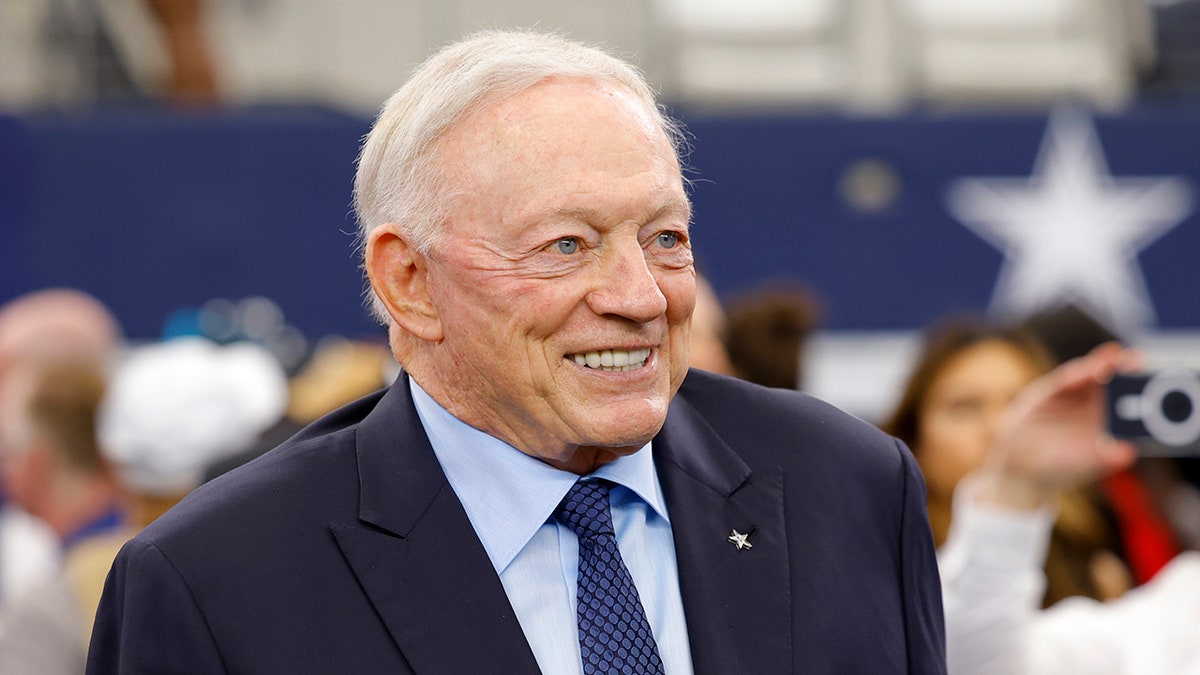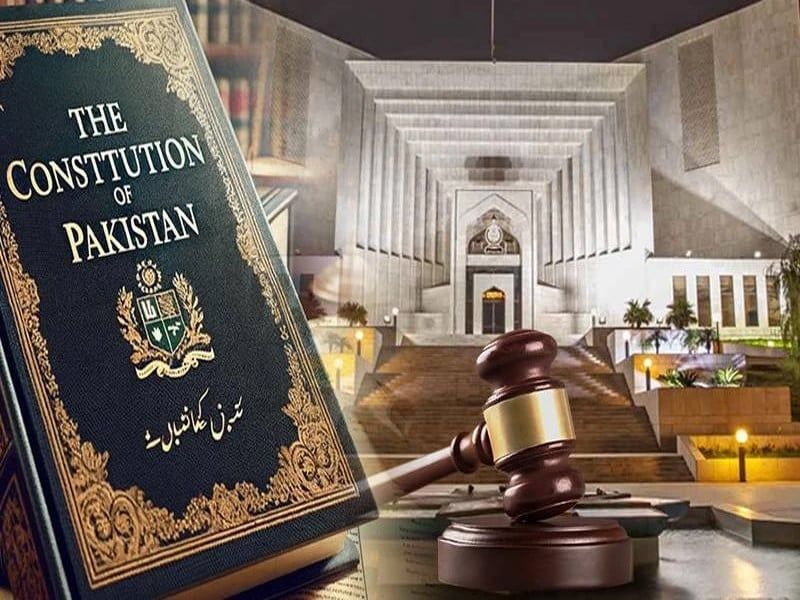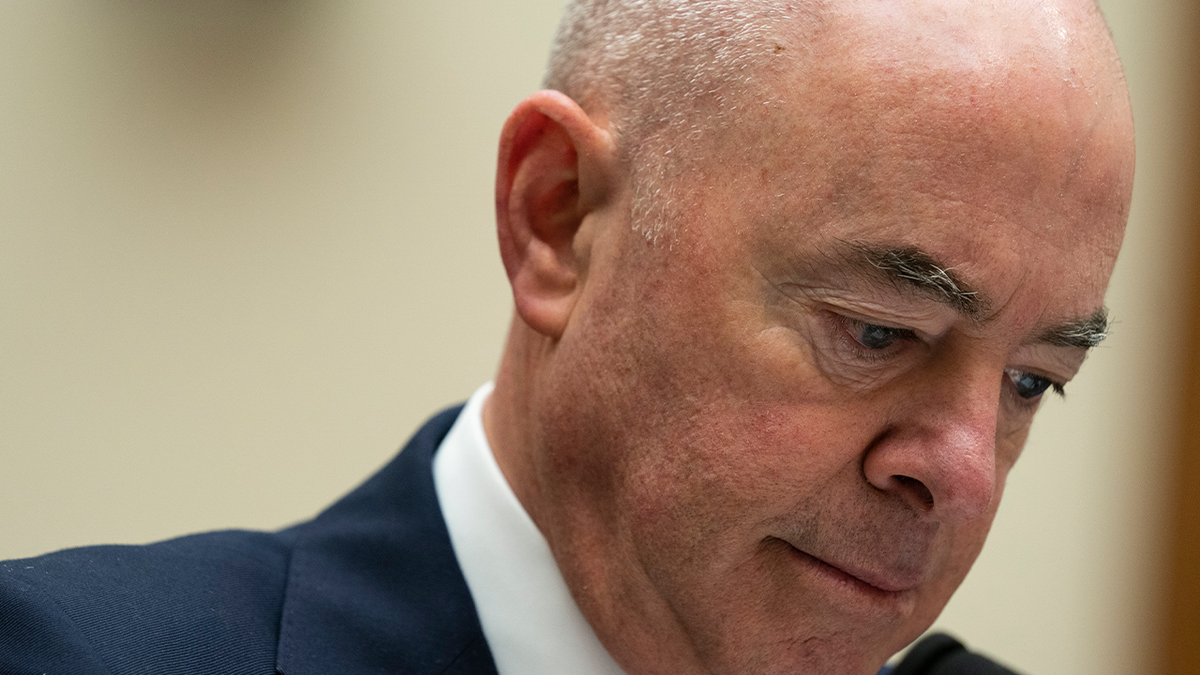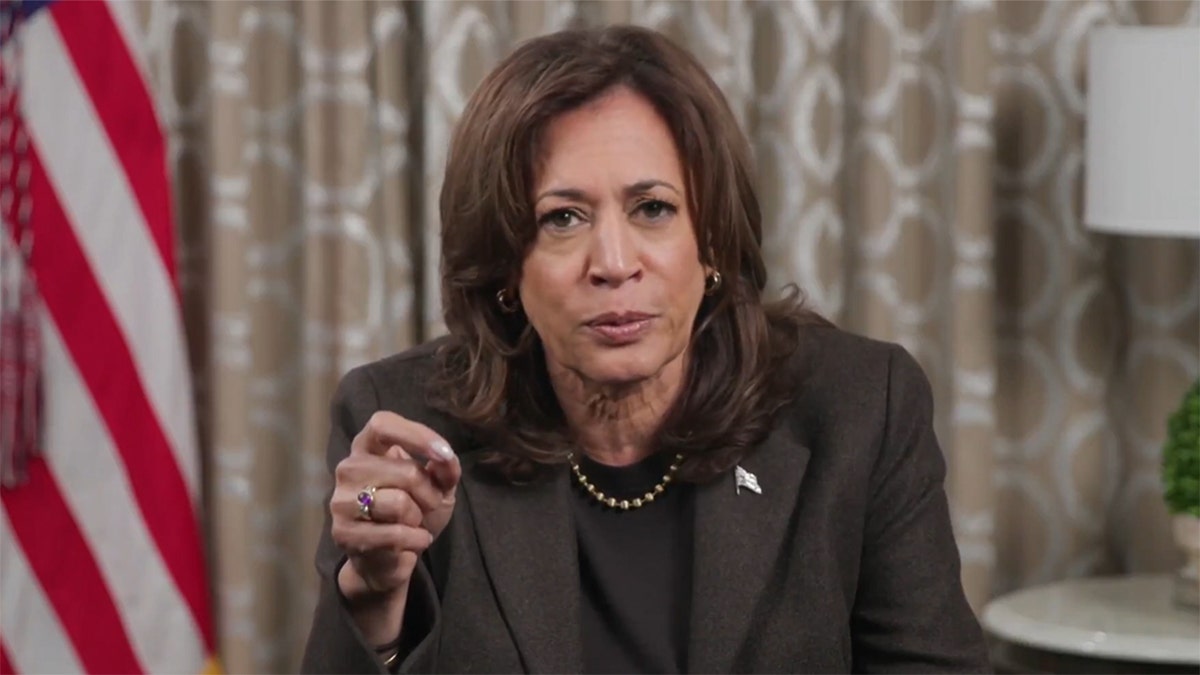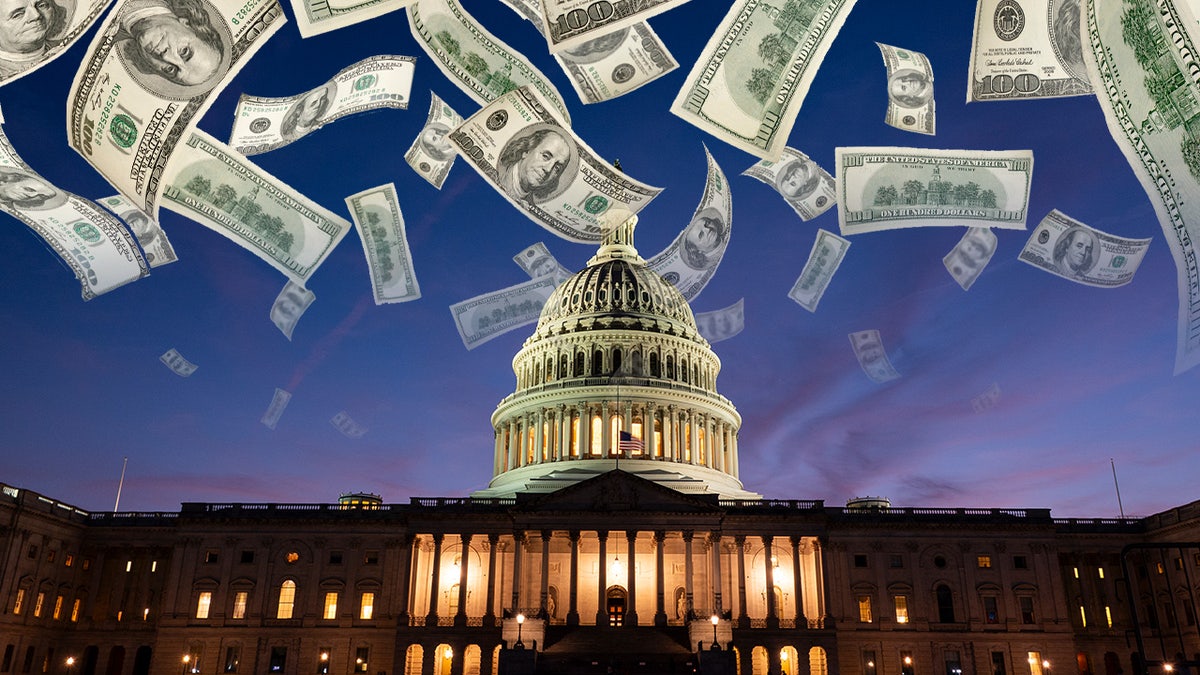The right to free speech is facing challenges from various fronts, impacting universities, libraries, government institutions, social media platforms, and even public spaces, according to Nadine Strossen, a former president of the ACLU.
Currently a professor at New York Law School, Strossen has become a prominent advocate for free speech, critiquing both left and right political ideologies while championing a robust interpretation of the First Amendment.
She argues that self-censorship and private sector censorship pose a greater threat to contemporary society than government censorship.
"Government censorship, with one caveat, is the least concerning. This isn't because there's less of it, but because the First Amendment offers legal recourse against it," Strossen explained. "Private censorship and self-censorship, however, lack such constitutional protection, as the First Amendment only restricts government infringement on free speech."
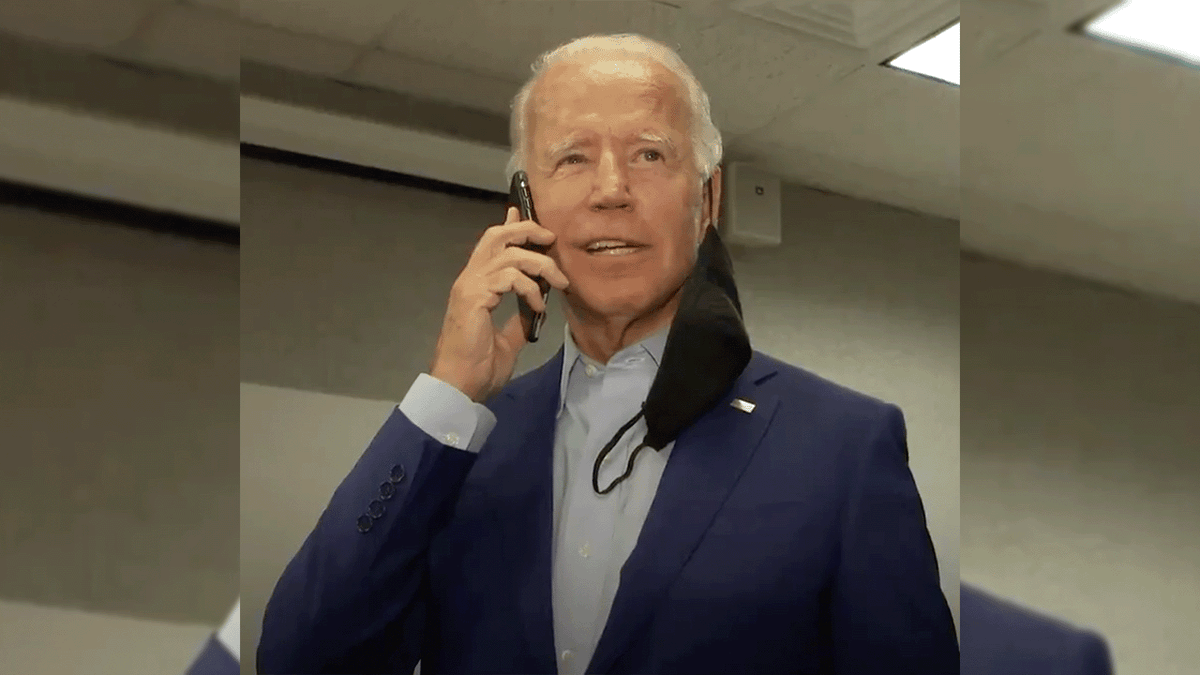
Recent disclosures about excessive government monitoring of social media companies are troubling to her.
"The exception to my point about government censorship being less dangerous relates to the recent Missouri v. Biden case," she stated. "When government entanglement with private entities leads to the delegation of censorship powers, as seen with social media companies in this case, it raises serious First Amendment concerns, especially given the allegations of undue government pressure."
For Strossen, government officials' efforts to combat "misinformation" and "disinformation" often overstep boundaries.
"While government officials can encourage private platforms to remove content or ban users, exercising their own free speech rights, they cannot cross the line into coercion. This is a significant First Amendment issue that is difficult to address," she added.
However, Strossen believes self-censorship is the biggest impediment to open dialogue in America, hindering honest debate on critical issues.
"While some self-censorship is warranted," Strossen conceded, "surveys consistently reveal excessive self-censorship, where individuals avoid expressing certain viewpoints and even entire topics, including crucial issues like race, gender, immigration, and policing."
Regarding education policy, Strossen emphasizes the potential gap between a law's intent and its application, referencing recent Florida legislation aimed at preventing "indoctrination."
"Opposing classroom indoctrination is crucial. As an educator and civil libertarian, I view indoctrination as the opposite of education," she affirmed. "However, the wording of the Florida law is so broad and vague that it discourages teachers from discussing important topics or using relevant materials, exacerbating the existing problem of self-censorship."
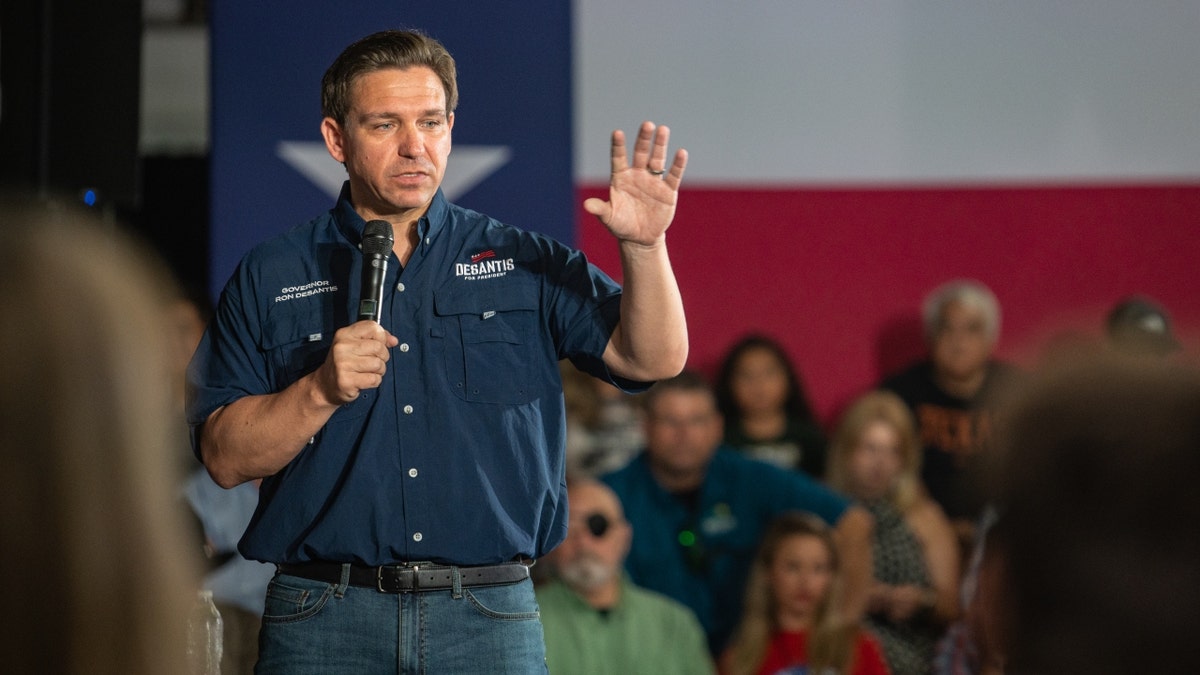
Strossen also criticizes the increasingly politicized atmosphere on college campuses, where attempts to silence or expel speakers have become common.
"On many campuses, students claim they need protection from 'harmful speech,' often labeling opposing views on issues like immigration, policing, and gender as 'hate speech' that warrants punishment," she observed.
She points out that the Supreme Court's broader interpretation of the First Amendment is a relatively recent development.
"During the Civil Rights movement, the Supreme Court established a strong speech-protective standard, allowing government suppression of speech only when there's a clear and direct link to imminent serious harm, not just a speculative connection," she explained.
Strossen criticizes the Dutch government's repeated prosecution of politician Geert Wilders for alleged anti-Muslim hate speech.
"I strongly disagree with such 'hate speech' laws, especially when used against political candidates or elected officials, as this interferes with both the speaker's and the audience's free speech rights and undermines representative democracy," she argued.
She highlights the evolution of American perspectives on free speech, citing the imprisonment of Eugene V. Debs over a century ago for opposing World War I, a conviction upheld by the Supreme Court – a decision she believes most Americans would oppose today.

"Thankfully, First Amendment law in the US has dramatically changed since the Supreme Court's misinterpretation that allowed the government to suppress speech with a 'bad tendency'," Strossen concluded.

